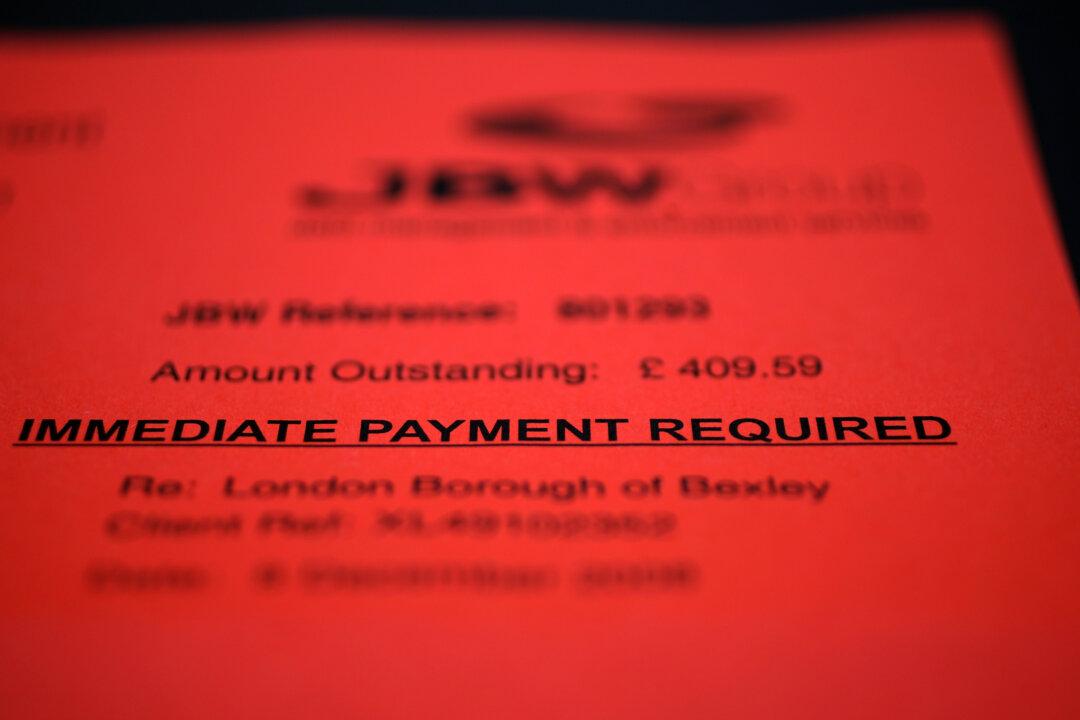Want to hack your ex-spouse’s cellphone? Steal the private passwords to get dirt on your annoying neighbors? How about disrupting your business competitor’s operation, perhaps by shutting down its online network or holding data for ransom?
All of these activities are illicit and malicious, but a growing cadre of professional “black hat” hackers are providing their services to all comers. These “retail” activities, often run by sophisticated criminal networks and individuals, appear to be on the rise. Instead of offering their services in the shadows of the dark web, however, many are hanging their shingles up in plain sight, just an online search away. But they come with a caveat to the crooked emptor – the real target for these hackers is often the people who hire them.






